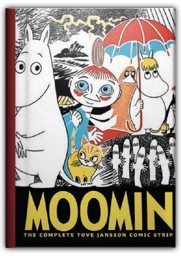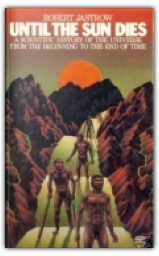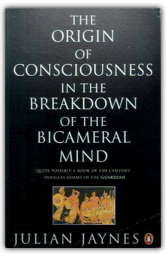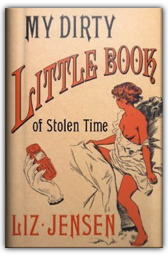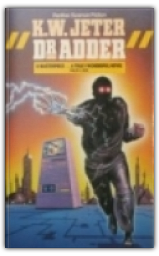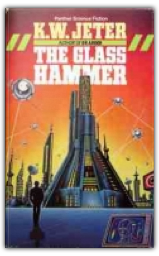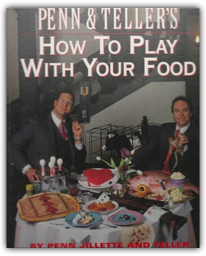 Mac OS X for Unix Geeks
Brian Jepson, Ernest E. Rothman
Mac OS X for Unix Geeks
Brian Jepson, Ernest E. Rothman
It's about time: Mac OS X for Unix Geeks arrives on the scene none too soon for UNIX aficionados who, having heard that the latest editions of Mac OS are based on a UNIX variant, want to see how the platform compares to more venerable versions of the eminently configurable operating system. This book highlights some key differences between the Darwin environment and more conventional UNIXs, enabling people with UNIX experience to take advantage of it as they learn the Mac OS X way of doing things at the command line. 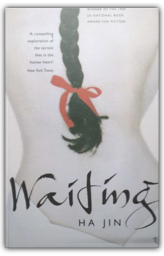 Waiting
Ha Jin
Waiting
Ha Jin
"Every summer Lin Kong returned to Goose Village to divorce his wife, Shuyu." Like a fairy tale, Ha Jin's masterful novel of love and politics begins with a formula—and like a fairy tale, Waiting uses its slight, deceptively simple framework to encompass a wide range of truths about the human heart. Lin Kong is a Chinese army doctor trapped in an arranged marriage that embarrasses and repels him (Shuyu has country ways, a withered face, and most humiliating of all, bound feet. Nevertheless, he's content with his tidy military life, at least until he falls in love with Manna, a nurse at his hospital. Regulations forbid an army officer to divorce without his wife's consent—until 18 years have passed, that is, after which he is free to marry again. So, year after year Lin asks his wife for his freedom and year after year he returns from the provincial courthouse: still married, still unable to consummate his relationship with Manna. Nothing feeds love like obstacles placed in its way—right? But Jin's novel answers the question of what might have happened to Romeo and Juliet had their romance been stretched out for several decades. In the initial confusion of his chaste love affair, Lin longs for the peace and quiet of his "old rut". Then, killing time becomes its own kind of rut and in the end, he is forced to conclude that he "waited 18 years just for the sake of waiting". 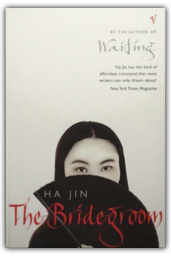 The Bridegroom
Ha Jin
The Bridegroom
Ha Jin
In The Bridegroom, a vibrant collection of 12 stories, Ha Jin returns to Muji City, post-Cultural Revolution, where the confusions and excitements of transitions great and small spark off unpredictable consequences. These upheavals are seen through the toings and froings of everyday men and women, arrested on trumped-up charges, applying for larger apartments, waiting to see an old flame, trying to lure a husband and daughter to New York. Sharp comeuppances and the little cruelties on which the world turns—folks made fools of by fate or by other folk—emerge from writing that is deceptively unadorned, unsentimental, as forthright as his wonderfully delineated characters. What marks out these stories is Ha Jin's quiet, sly humour and an unemphatic, but compassionate sense of the absurd. |
 Made with Delicious Library
Made with Delicious Library
London, State zipflap congrotus delicious library Scott, Mike
